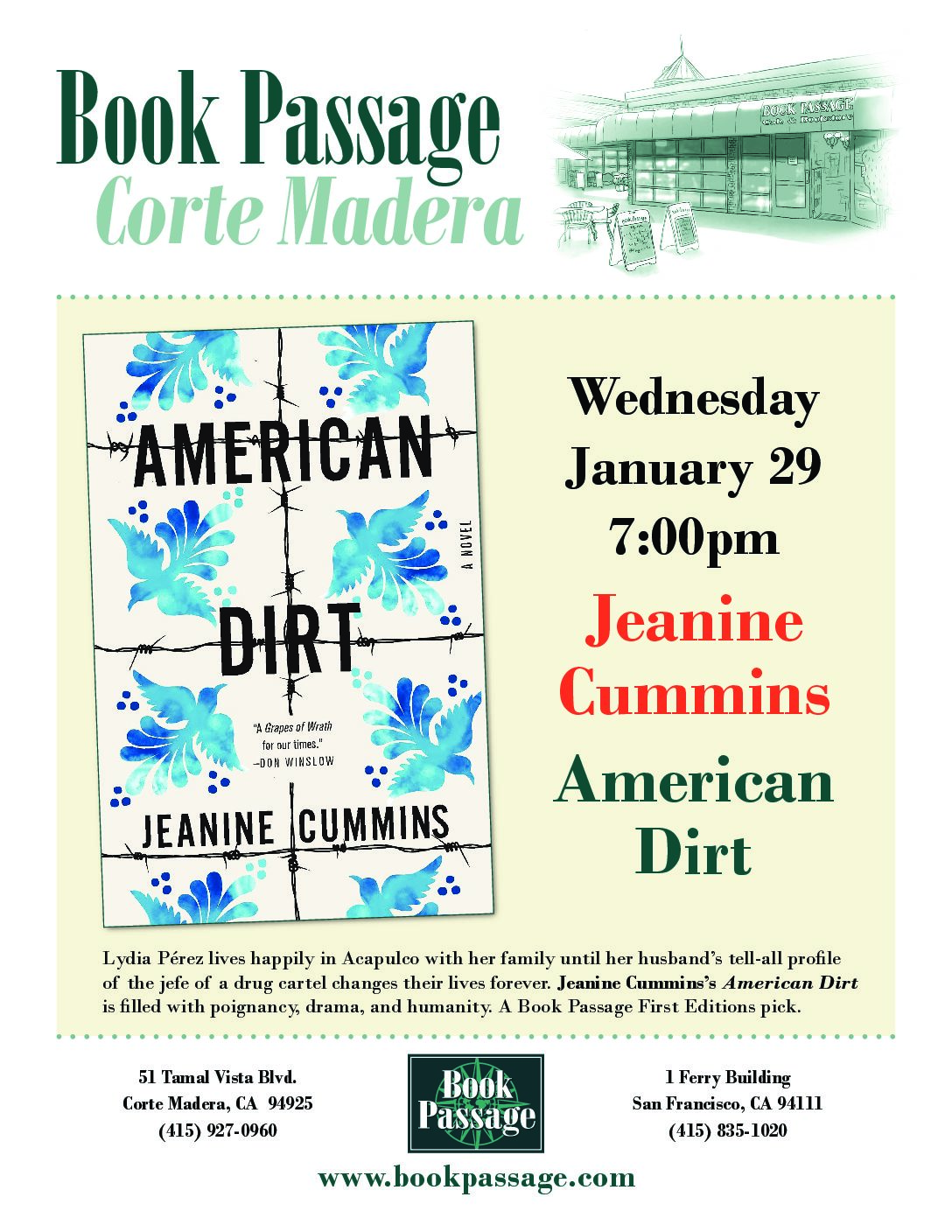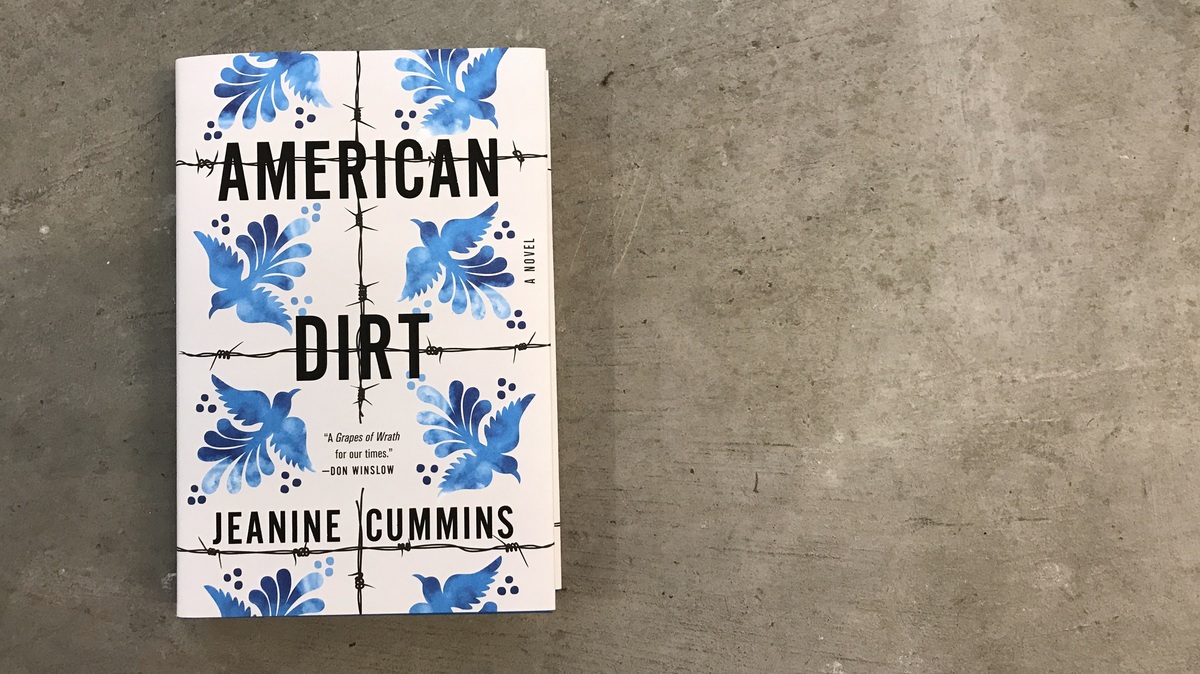

Lydia refers to her and Luca becoming migrants as something that happened to them rather than something they did. This is how it happens" (chapter 10, page 94). Do you admire what he did? Was he a good journalist or a bad husband and father? Is it possible he was both? What would you have done if you were him?ģ) Lydia looks at Luca and thinks to herself:"Migrante.She can't make the word fit him.But that's what they are now. Do you think the author chose to make Lydia a middle-class woman as her protagonist for a reason? Do you think the reader would have had a different entry point to the novel if Lydia started out as a poor migrant? Would you have viewed Lydia differently if she had come from poor origins? How much do you identify with Lydia?Ģ) Sebastian persists in running his story on Javier even though he knows it will put him and his family in grave danger. That these people would leave their homes, their cultures, their families, even their languages, and venture into tremendous peril, risking their very lives, all for the chance to get to the dream of some faraway country that doesn't even want them. She's wondered with the sort of detached fascination of the comfortable elite how dire the conditions of their lives must be wherever they come from, that this is the better option.

1) Throughout the novel, Lydia thinks back on how, when she was living a middle-class existence, she viewed migrants with pity: "All her life she's pitied those poor people.


 0 kommentar(er)
0 kommentar(er)
